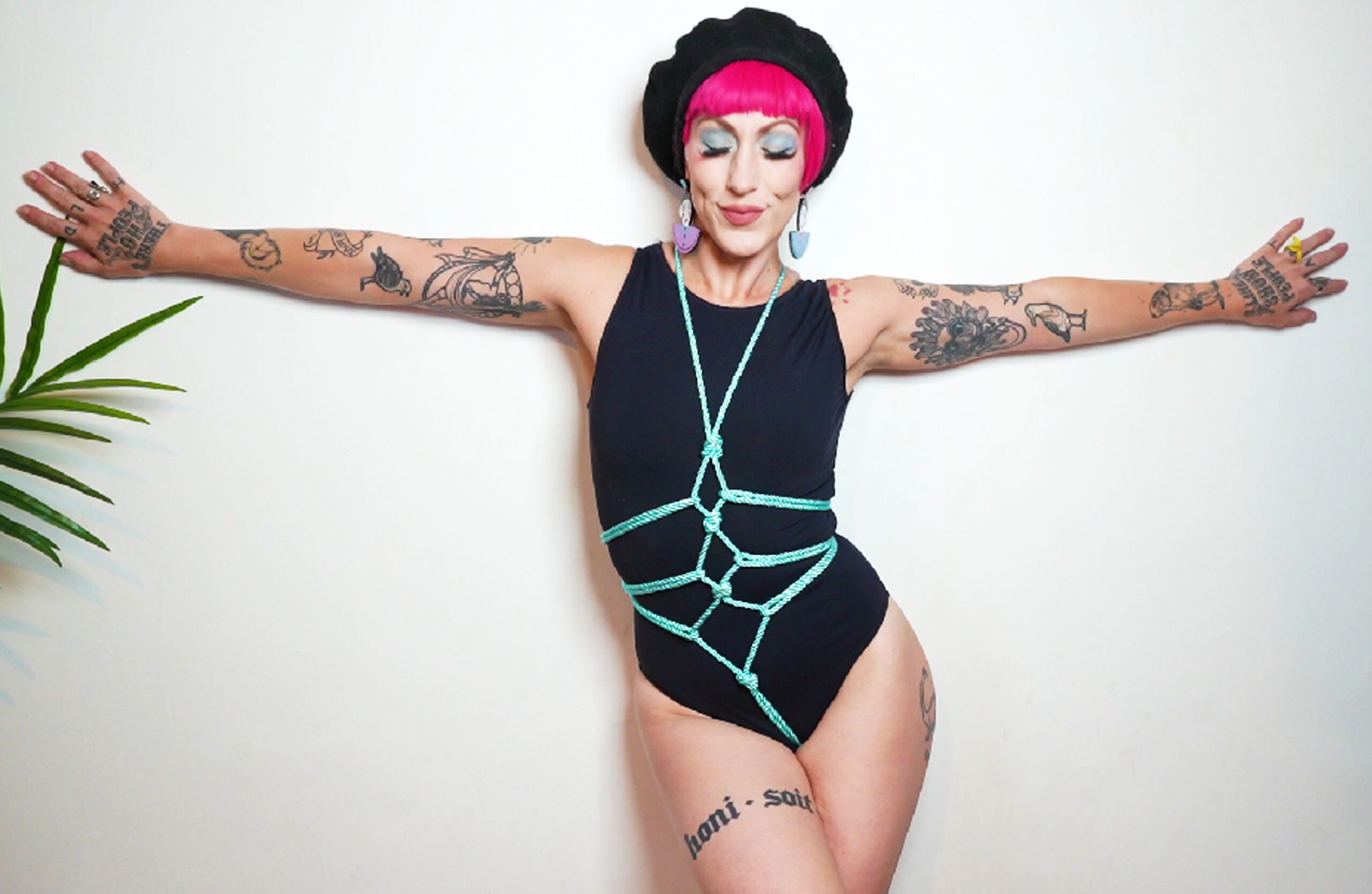Spotting the Sneak Thief: Recognizing Emotional Abuse
Emotional abuse can be insidious, often hidden behind a veneer of normalcy. Unlike physical abuse, which leaves visible scars, emotional abuse wounds the spirit, leaving victims feeling isolated, worthless, and deeply confused. Recognizing its sneaky signs is crucial for breaking free from its damaging grasp.
Here are some telltale signs to watch out for:
- Constant Criticism: The abuser frequently belittles your abilities, appearance, opinions, and choices. They may use sarcasm, insults, or put-downs to make you feel inferior.
- Control and Manipulation: They attempt to control your finances, social life, work, and even your thoughts and feelings. This can involve guilt-tripping, threats, isolation from loved ones, or gaslighting (making you doubt your sanity).
- Blame Shifting: The abuser never takes responsibility for their actions and always blames others, including you, for their problems.
- Isolation: They try to distance you from friends and family, making you more dependent on them. They may criticize your loved ones or prevent you from spending time with them.
- Gaslighting: The abuser distorts reality, making you question your own memories and perceptions. They deny things they said or did, make you feel crazy for remembering events differently, or convince you that your feelings are exaggerated.
- Walking on Eggshells: You constantly feel anxious and on edge around the abuser, afraid of triggering their anger or criticism.
- Minimizing Your Feelings: The abuser dismisses your emotions as “overreacting,” “too sensitive,” or “unimportant.” They make you feel like your feelings are invalid.
- Threats and Intimidation: They may threaten to harm you, themselves, or your loved ones if you don’t comply with their demands.
Remember, emotional abuse is a form of domestic violence. It can have long-lasting psychological consequences, damaging your self-esteem, sense of safety, and ability to trust others. If you recognize these signs in your relationship, seek help from trusted friends, family, or professional resources. There are people who want to support you and help you break free from the cycle of abuse.

Emotional abuse, though less visible than physical violence, can inflict deep wounds that linger long after the words have been spoken. It’s a subtle form of manipulation and control where one person uses language as a weapon to undermine, degrade, and isolate their partner.

Spotting the sneak thief requires awareness and an understanding of the tactics employed. Here are some warning signs:
-
Constant Criticism: Frequent negative comments about your appearance, intelligence, abilities, or choices can chip away at your self-esteem.
-
Contempt: Dismissive language, sarcasm, insults, and name-calling are all forms of emotional contempt that aim to make you feel worthless.
-
Defensiveness: The abuser may deny responsibility for their actions, blame you for their problems, or deflect criticism by accusing you of being overly sensitive.
-
Stonewalling: Refusing to communicate, ignoring you, or withdrawing emotionally is a way to control the conversation and leave you feeling isolated and unheard.
These behaviors are often interspersed with periods of charm and affection, making it even more difficult to recognize the pattern. The abuser might shower you with compliments and promises during “good” times, only to revert to hurtful language when their needs aren’t met or they feel threatened.
Overcoming emotional abuse requires acknowledging its presence and taking steps to protect yourself.
-
Recognize that you deserve respect and kindness in all your relationships.
-
Set boundaries with the abuser, communicating clearly what behaviors are unacceptable.
-
Seek support from trusted friends, family, or a therapist. They can offer a safe space to process your experiences and develop coping strategies.
-
Remember that you are not alone and there is help available.
Leaving an emotionally abusive relationship can be challenging, but it’s crucial for your well-being. By recognizing the signs and seeking support, you can reclaim your power and start healing.
Emotional abuse, a insidious form of manipulation, can leave its victims feeling lost, confused, and doubting their sanity. It’s often hidden beneath a veil of seemingly loving words or actions, making it difficult to recognize.

One of the hallmarks of emotional abuse is gaslighting. This involves the abuser twisting reality, making you question your own memories, perceptions, and sanity. They might deny things they said or did, make you doubt your understanding of events, or even accuse you of being “too sensitive.”
Another tactic used by abusers is isolation. They may try to distance you from your friends and family, making you more dependent on them. This can involve criticizing your loved ones, discouraging you from spending time with them, or controlling who you can see.
Control is a key element of emotional abuse. Abusers often attempt to control their victim’s finances, appearance, decisions, and even thoughts. They might belittle your choices, dictate what you wear, restrict your access to money, or constantly criticize your opinions.
The abuser may also use guilt and shame as weapons. They might make you feel responsible for their happiness, manipulate you into doing things against your will by saying “if you really loved me,” or constantly remind you of past mistakes.
Understanding that these tactics are deliberate forms of manipulation is crucial. It’s not your fault if you’re being emotionally abused; it’s a choice made by the abuser. Remember, your feelings are valid. If something feels wrong, trust your instincts.
If you suspect you or someone you know is experiencing emotional abuse, seek help. Reach out to a trusted friend or family member, a therapist, or a domestic violence hotline. Healing from emotional abuse takes time and support, but it’s possible to reclaim your power and build a healthier life.
Breaking Free from the Invisible Chains
Breaking free from the invisible chains of emotional abuse is a journey of profound self-discovery and empowerment. It requires acknowledging the insidious nature of this abuse, understanding its impact, and actively building a fortress of self-worth.
Emotional abuse often manifests subtly, wearing a mask of manipulation, control, and belittlement. It thrives on erosion—slowly chipping away at your confidence, sense of reality, and self-esteem.
Recognizing the Signs:
-
Constant Criticism: A barrage of negative comments aimed at undermining your abilities, appearance, or decisions.
-
Gaslighting: Manipulation that makes you question your sanity, memories, or perceptions of reality.
-
Isolation: Attempts to cut you off from your support system—friends, family, or hobbies.
-
Control and Domination: Dictating your actions, choices, or even your thoughts.
-
Guilt-Tripping: Making you feel responsible for their emotions or behavior.
Building Your Fortress of Self-Worth:
-
Acknowledge the Abuse: The first step is recognizing that what you are experiencing is wrong and unacceptable.
-
Seek Support: Confide in trusted friends, family members, or a therapist. Surround yourself with people who believe and support you.
-
Challenge Negative Thoughts: Recognize the manipulative nature of the abuser’s words and actively challenge their distorted beliefs about you.
-
Rediscover Your Identity: Spend time exploring your interests, passions, and values. Reconnect with who you are outside the confines of the abusive relationship.
-
Set Boundaries: Learn to say no and enforce clear limits on what behavior you will tolerate.
Remember, healing is a process. Be patient with yourself, celebrate your progress, and know that you are worthy of love, respect, and a healthy relationship.
Breaking free from emotional abuse can be a harrowing journey, akin to escaping invisible chains that bind your spirit. These chains are forged through manipulation, gaslighting, control, and constant belittling. Recognizing their existence is the crucial first step towards liberation.
Often, victims of emotional abuse find themselves questioning their own sanity. The abuser skillfully plants seeds of doubt, making you believe you’re overreacting or imagining things. They twist your perceptions, leaving you confused and isolated. Identifying these tactics is vital:
- Gaslighting: The abuser denies reality, making you question your memory and sanity.
- Isolation: They try to cut you off from your support system, making you more dependent on them.
- Control: They dictate your actions, choices, and even how you think and feel.
- Belittling:** They constantly put you down, undermining your confidence and self-esteem.
Breaking free requires acknowledging that this abuse is not your fault. It’s the abuser’s responsibility to treat you with respect and kindness. You deserve a relationship built on love, trust, and equality.
Seeking support is paramount in this process. Reach out to trusted friends or family members who can offer emotional validation and encouragement. Professional help from therapists or counselors specializing in domestic abuse can provide invaluable guidance and coping mechanisms.
There are also numerous support groups available for survivors of emotional abuse. Connecting with others who have experienced similar challenges can foster a sense of community, understanding, and shared strength.
Finding a safe sanctuary is crucial. This may involve leaving the abusive relationship and finding a new living situation. It could also mean creating a safe space within your current environment by establishing boundaries and asserting your needs.
Healing from emotional abuse takes time, patience, and self-compassion. Be gentle with yourself during this process. Celebrate your progress, no matter how small, and remember that you are worthy of love, respect, and happiness.
Rediscovering Yourself, Blossoming Again
Rediscovering yourself after experiencing emotional abuse can feel like emerging from a fog. It’s a journey of reclaiming your identity, shattered by manipulation and control. Healing takes courage, self-compassion, and a willingness to confront the pain.
Start by acknowledging the abuse. Recognizing its impact is the first step towards dismantling its hold on you. Allow yourself to grieve the loss of the relationship as you knew it, the trust broken, and the dreams that may have been deferred.
Building a support system is crucial. Surround yourself with people who love and accept you unconditionally. Therapists, support groups, or trusted friends and family can provide a safe space to process your emotions and navigate this challenging time.
Rediscovering your passions is essential for rebuilding your sense of self. Explore activities you once enjoyed or try something new. Engage in hobbies that bring joy and fulfillment, reconnecting with the parts of yourself that may have been suppressed.
Set healthy boundaries. Learn to say “no” to protect your emotional well-being. Distance yourself from individuals who continue to trigger painful memories or undermine your growth.
Self-care becomes paramount during this process. Prioritize activities that nourish your mind, body, and spirit. Engage in mindfulness practices, exercise regularly, eat nourishing foods, and get enough sleep.
Remember, healing is not linear. There will be good days and bad days. Be patient with yourself, allowing for setbacks without judgment. Each step forward, no matter how small, is a victory.
Embracing growth means learning from your experiences. Understand that emotional abuse is not your fault. Seek to develop resilience and insight into patterns of unhealthy relationships.
With time, self-compassion, and dedicated effort, you can blossom again. You are capable of healing, finding love and respect within yourself and in your future relationships.
Rediscovering yourself after experiencing emotional abuse can feel like emerging from a dense fog, blinking into the sunlight for the first time. It’s a journey of peeling back layers of conditioning, of untangling the knots of self-doubt woven into your being by a manipulator.
The first step is acknowledgment. You must name what happened – that you were subjected to emotional abuse – and refuse to diminish its impact on your life. This validation empowers you to begin reclaiming your narrative, rewriting it in a language of truth and self-worth.
Next comes the process of rebuilding. Start by honoring your emotions, acknowledging the pain, the anger, the fear that may still linger. Allow yourself to grieve the loss of the relationship as you imagined it, for the person you thought you were with them. Remember, healing is not linear; there will be good days and bad, moments of clarity and times of doubt.
Surround yourself with a support system – friends, family, or a therapist who can offer understanding and encouragement. These individuals act as anchors, reminding you of your inherent worth and strength even when you struggle to see it yourself.
Rediscovering your passions is another crucial step. What brought large penis sleeve you joy before the abuse? Were there hobbies you abandoned? Dreams you put on hold? Gently reintroduce these activities into your life. Allow yourself the freedom to explore, to discover new interests, and to build a life that reflects your true self.
As you heal, remember that self-compassion is paramount. Be patient with yourself, celebrate your progress, no matter how small. Forgive yourself for any mistakes made during the abuse – it’s a testament to your humanness, not a reflection of your worth.
Moving on after emotional abuse is not about forgetting; it’s about learning and growing. It’s about recognizing that you are worthy of love, respect, and healthy relationships. It’s about blossoming again, stronger and more resilient than before, knowing that the sun will always rise after the darkest night.
Read every part of the article
See what the full write-up covers
- Xela Rederm Skin Booster Treatments Near Tatsfield, Surrey - January 14, 2026
- Xela Rederm Skin Booster Treatments Near Ewhurst, Surrey - January 12, 2026
- Why Weed Drinks Are The Future Of Cannabis - January 11, 2026
